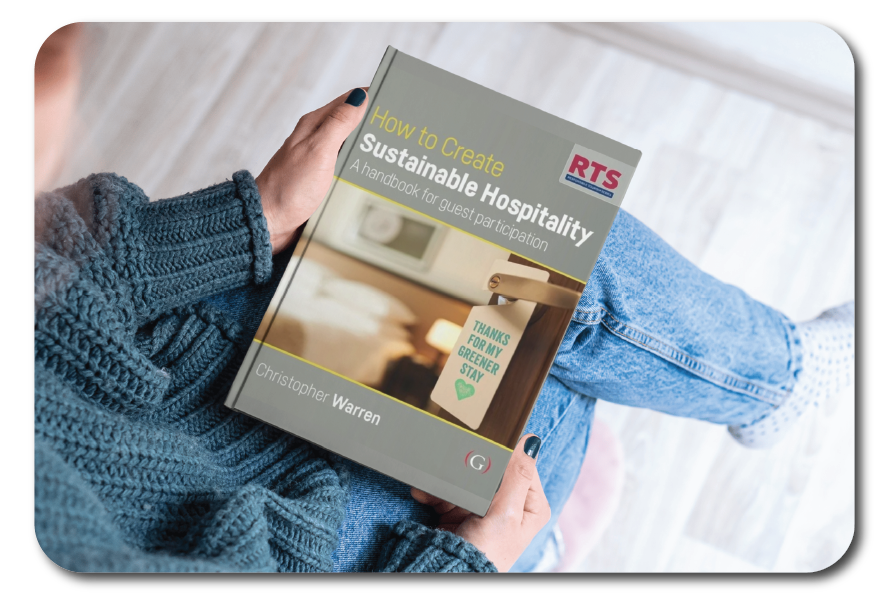- engitech@mail.com
- Mon - Sat: 8.00 am - 7.00 pm
We are creative, ambitious and ready for challenges! Hire Us
We are creative, ambitious and ready for challenges! Hire Us

Over 300 references and 20 case studies
Step by step guide for innovative guest eco experience design
Detailed advice on how to persuade guests
Guides on how to tackle CSRD/ESRS/ISSB reporting
Achieving real sustainability progress is hard. Goals like net zero and zero waste require the full participation of guests and staff. Why? Because humans consume the resources in tourist accommodations, not buildings. They also create the waste by how they use those resources, for example:
But there is a way of making big savings. In this book, Christopher Warren details a proven method that can make savings of over 38% from engaging guests and staff as partners and driving sustainability outcomes, build reputation, save costs, and fundamentally create a competitive advantage.
The easy-to-follow layout lets you find solutions quickly. Not jargon-led or heavy scientific text, but a personal tour of cutting edge science-based solutions that is easy to read.
The book applies proven behaviour economics, persuasive communications and social psychology methods to demonstrate how you can make substantial savings by directly involving your guests and staff at your tourist accommodation.
Dr Christopher Warren has owned one of Australia’s leading hosted accommodation businesses for nearly 20 years, as a consultant conducted hundreds of site visits and carbon audits, introduced the first tourist destination carbon calculator in 2006, and as a scientist conducted real-world scientific experiments with Griffith University in Australia and Europe. In 2010 he received the EcoTourism Medal (Ecotourism Australia) for services to tourism and nature. Christopher is the founder of WISE Sustainability Systems.
